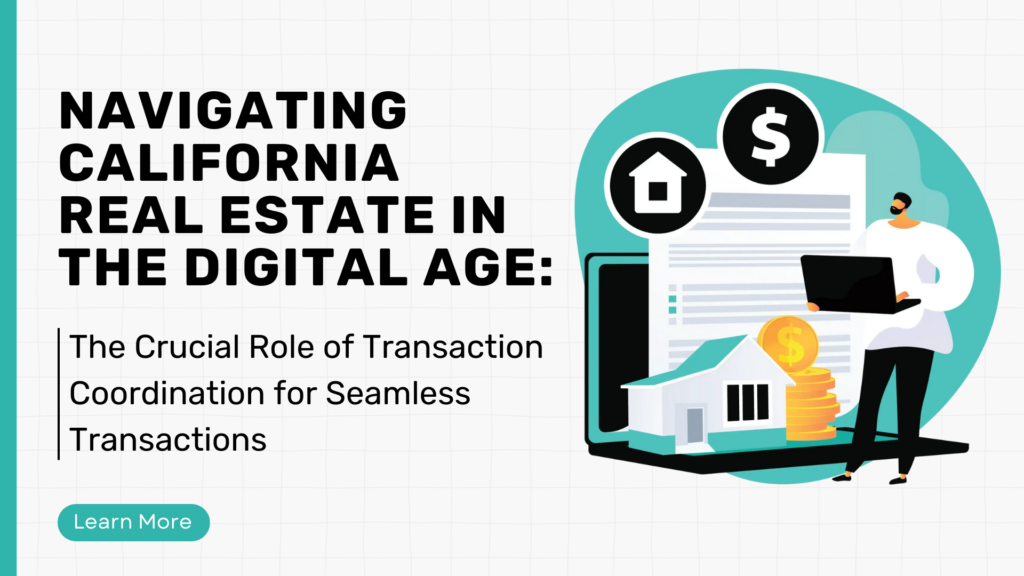The Ultimate Guide to Real Estate Website Development in 2024
In the fast-paced world of real estate, having a powerful online presence is no longer optional – it’s a necessity. As we step into 2024, the importance of a well-designed and user-friendly real estate website cannot be overstated. Whether you’re a seasoned realtor or just starting in the industry, this guide will walk you through the key elements and strategies for developing a top-notch real estate website.
- Understanding the Current Trends
To kick things off, it’s crucial to stay on top of the latest trends in website development for the real estate industry. In 2024, responsive design, mobile optimization, and visually engaging content continue to dominate. Users expect a seamless experience across devices, so make sure your website is accessible and looks great on smartphones, tablets, and desktops alike.
- User-Centric Design
User experience (UX) is at the forefront of website development. Ensure that your real estate website is easy to navigate, with intuitive menus, clear calls-to-action, and high-quality visuals. User-centric design not only keeps visitors engaged but also contributes to higher conversion rates.
- Advanced Search and Filtering
In the competitive real estate market, users value efficiency. Implement an advanced search and filtering system to allow potential buyers to narrow down their options quickly. Include filters for location, property type, price range, and other relevant criteria. The easier it is for users to find what they’re looking for, the more likely they are to convert.
- High-Quality Visuals
In real estate, a picture is worth a thousand words. Invest in professional photography and use high-quality visuals to showcase your properties. Incorporate virtual tours, 3D walkthroughs, and drone footage to provide an immersive experience for potential buyers.
- SEO Optimization
Optimizing your website for search engines is non-negotiable. Conduct thorough keyword research related to your local real estate market and integrate these keywords naturally into your content. Leverage Local SEO strategies to ensure that your website ranks well in local search results.
- Responsive Communication
In today’s digital age, communication is key. Implement chatbots, contact forms, and other interactive features to facilitate communication with potential clients. Being responsive and accessible builds trust and enhances your credibility as a real estate professional.
- Security and Privacy
With the increasing importance of data protection, prioritize the security and privacy of your website visitors. Ensure that your website is HTTPS secure and implement robust security measures to protect sensitive information.
- Integration with Real Estate Tools
Integrate your website with essential real estate tools and platforms. This includes MLS (Multiple Listing Service) integration, CRM (Customer Relationship Management) systems, and other tools that streamline your workflow and enhance the overall user experience.
Conclusion
As we navigate through 2024, the real estate industry continues to evolve, and so should your website. By staying abreast of the latest trends and incorporating user-centric design, advanced features, and robust SEO practices, your real estate website can become a powerful tool for attracting and converting leads. Take the time to invest in your online presence, and watch as your real estate business thrives in the digital landscape.
Ready to elevate your real estate website? Contact us at The Realtor’s Concierge for expert assistance tailored to your unique needs. Let’s build the future of real estate together!




